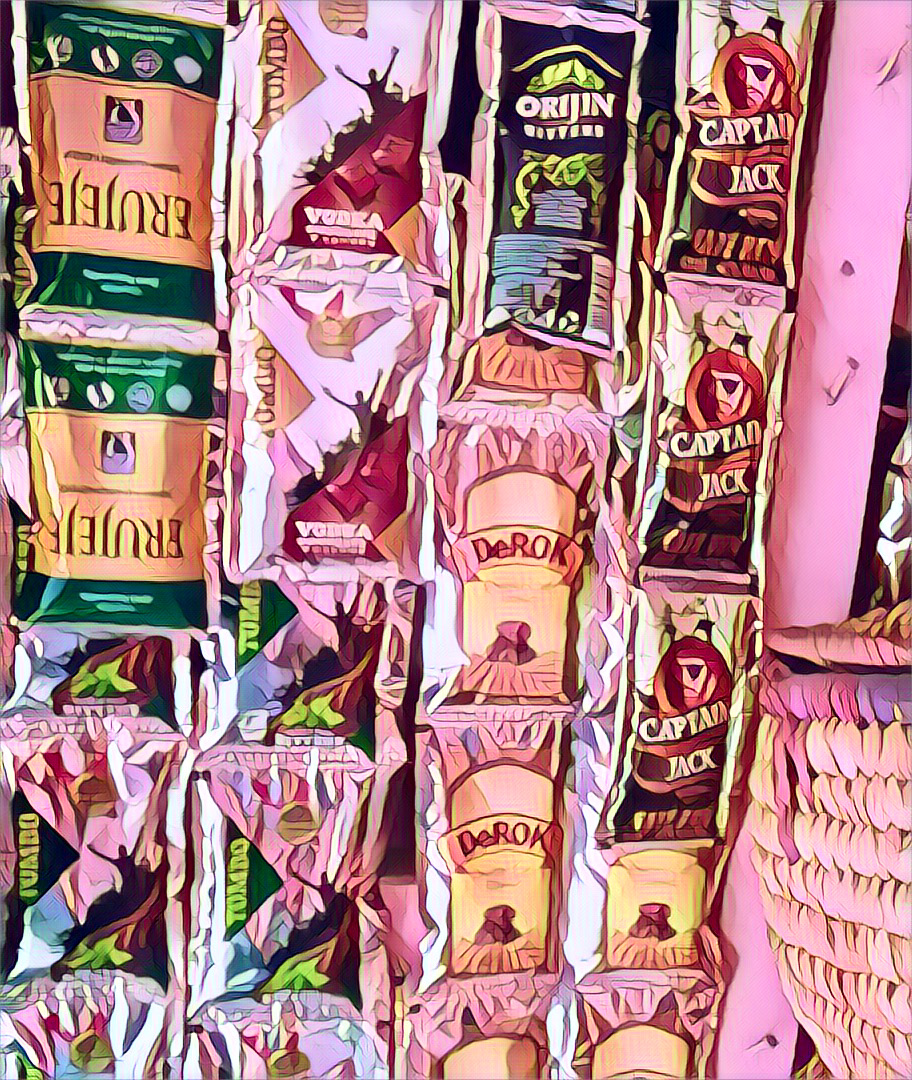The National Agency for Food and Drug Administration and Control (NAFDAC) has initiated the enforcement of a ban on the importation, manufacture, distribution, sale, and use of alcoholic beverages in sachets, PET (polyethylene terephthalate), and glass bottles of 200 ml and below in Nigeria.
Prof. Mojisola Adeyeye, the Director-General of NAFDAC, announced this during a press conference in Abuja on Monday.
Adeyeye stated, “As of January 31, 2024, there is no alcoholic beverage in these categories that is registered by NAFDAC. I also want to inform you that the agency has started enforcement actions to enforce the implementation of this policy. The window period given to manufacturers by NAFDAC to sell off all alcoholic drinks in this category elapsed on January 31, 2024.”
She further explained that during the enforcement actions, it was discovered that some manufacturers of the banned products were still producing them and had stocks of both finished products and packaging materials. NAFDAC views this as a flagrant violation of Nigerian laws and is prepared to engage all statutory means, including prosecution, to address the matter.
Adeyeye urged individuals in possession of alcohol in sachets, PET and glass bottles, empty sachets, PET bottles, empty glass bottles, and other packaging materials of these banned products to report to NAFDAC’s Investigation and Enforcement Directorate for hand-over to NAFDAC to prevent possible legal action.
In January 2022, NAFDAC stopped the registration of alcoholic beverages in sachets and small-volume PET and glass bottles below 200 ml. This decision was based on recommendations made by a high-powered committee comprising the Federal Ministry of Health, NAFDAC, the Federal Competition and Consumer Protection Commission, and industry representatives from the Association of Food, Beverages, and Tobacco Employers and the Distillers and Blenders Association of Nigeria in December 2018.
According to the committee’s decision, producers of alcohol in sachets and small volumes agreed to reduce production by 5% from January 31, 2022, to phase out these products entirely in Nigeria by January 31, 2024.
NAFDAC is committed to ensuring that the validity of renewals for previously registered alcoholic products in the affected category does not exceed the year 2024.
The agency’s primary focus is to rigorously implement regulations and measures aimed at safeguarding the health of Nigerians, particularly vulnerable youth, against the hazards associated with reckless alcohol consumption.
Adeyeye emphasized that the banned pack sizes of alcoholic beverages pose the greatest risk to underage individuals, commercial vehicle drivers, and riders. She cited the World Health Organization’s findings that children who consume alcohol are more likely to engage in risky behaviors, experience health issues, and have academic difficulties.
Alcohol abuse is linked to over 200 health conditions, including infectious diseases like tuberculosis and HIV/AIDS, as well as non-communicable conditions such as liver cirrhosis and various cancers. Additionally, it is associated with social problems such as alcohol addiction and gender-based violence.
To address alcohol-related problems, the WHO recommends actions and strategies for policymakers, including regulating alcohol marketing and restricting its availability. NAFDAC’s enforcement actions align with these guidelines to protect public health and safety.


